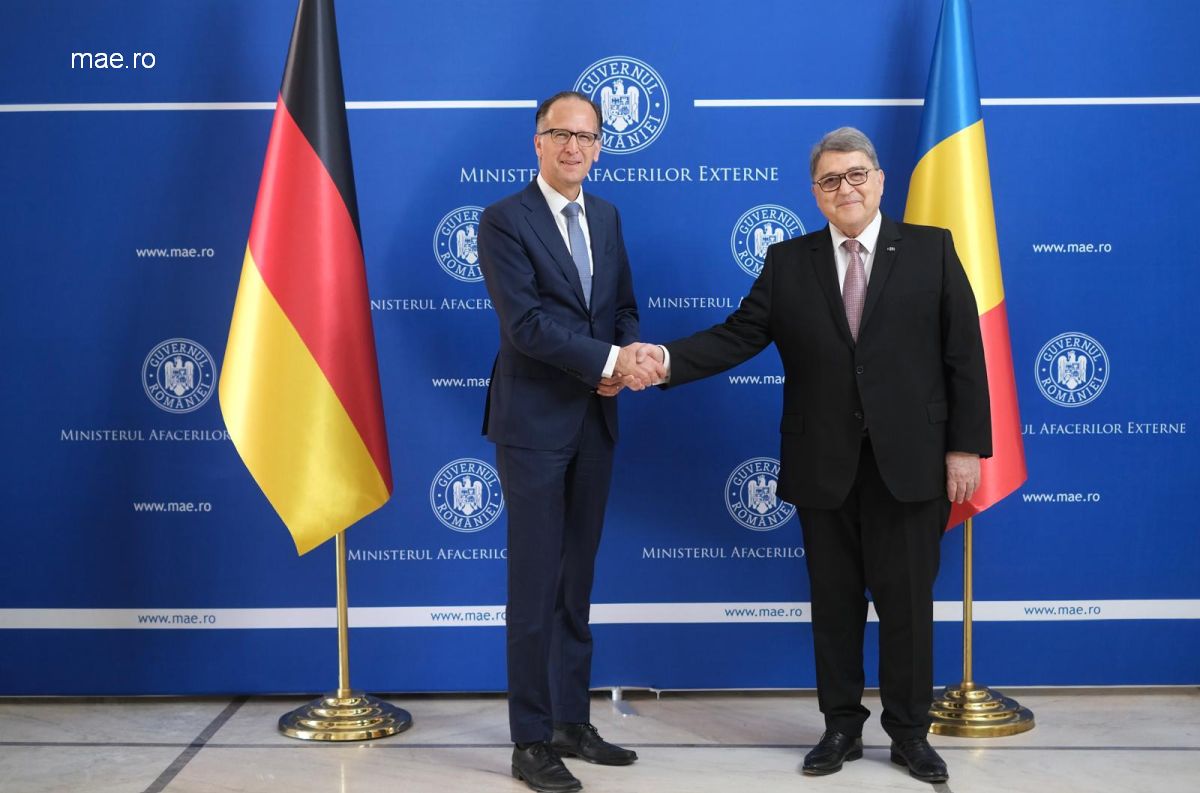The Romanian Senate 150 years
The recent 150th anniversary of the Romanian Senate provides a good opportunity for reflection on the role and evolution of this institution.
Bogdan Matei, 18.06.2014, 13:13
On Tuesday, the 150th anniversary since the creation of the Romanian Senate, special festivities gathered under the same roof former presidents of the Romanian Republic, former chairmen of the Senate, party leaders, as well as representatives of the Royal House, many of them former and present rivals. It was a gathering formal and informal at the same time, emphasizing the fundamental role that the institution plays.
The Romanian concept of parliament has always favored the bicameral formula, and it is as old an institution as the modern Romanian state itself. It was created in 1864, only five years after the Union of the Romanian Principalities of Moldavia and Wallachia under Prince Alexandru Ioan Cuza. It went on uninterrupted until right before WWII, when King Carol II instituted an authoritarian regime and dissolved Parliament. After the war, the puppet communist regime put in place by the Soviets created a surrogate unicameral legislative body called the Grand National Assembly.
After the revolution of 1989, the Senate was recreated, with the functions of a modern legislative body of a country that was to become a member of NATO and the European Union. Here is PM Victor Ponta:
“I cannot envisage a democratic Romania without a bicameral parliament, in which the Senate exercises the attributions it was endowed with 150 years ago. The role of Parliament, and of the Senate in particular, is fundamental in preserving the balance in which the Senate holds the preponderant role.”
The present chairman of the Senate, Liberal Calin Popescu-Tariceanu, says the Senate has to adapt to a future Europe of regions:
“Considering the more and more important role played by regions in the present configuration of the EU, which Romania has to subscribe to, I believe one priority is recovering this principle and redefining the Senate, to express in the supreme legislative forum the point of view of regions and local communities, facilitating cooperation between them.”
These hopes expressed by the political class, however, are quite contrary to popular opinion. The Senate is one of the least popular institutions, due to the large number of senators sent to prison for corruption, huge delays in issuing needed legislation due to massive absenteeism, an overlap in attributions with the other chamber of a bloated parliament which, after the latest round of elections, numbers almost 600 members. In 2009, a referendum called by President Traian Basescu showed that a wide majority of Romanians would prefer a unicameral parliament with only 300 members. However, nothing happened as a result, which only deepened the divide between the electorate and the elected.






























